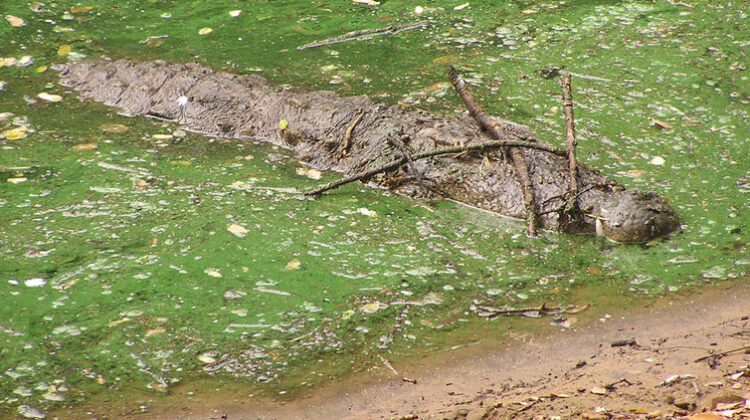
Crocodilians, which include crocodiles, alligators, and lesser-known relatives, were largely regarded as slow, lazy, and downright foolish animals just a few years ago. The last time you were in a zoo and saw them lying there for hours, making people wonder if they were alive or made of plastic, you may have had that same notion to yourself.
However, those who dealt with crocodilians, such as zoologists, breeders, animal trainers, and tribal hunters, were aware of these creatures’ extraordinary abilities. And just recently, scientific studies have begun to support this information.
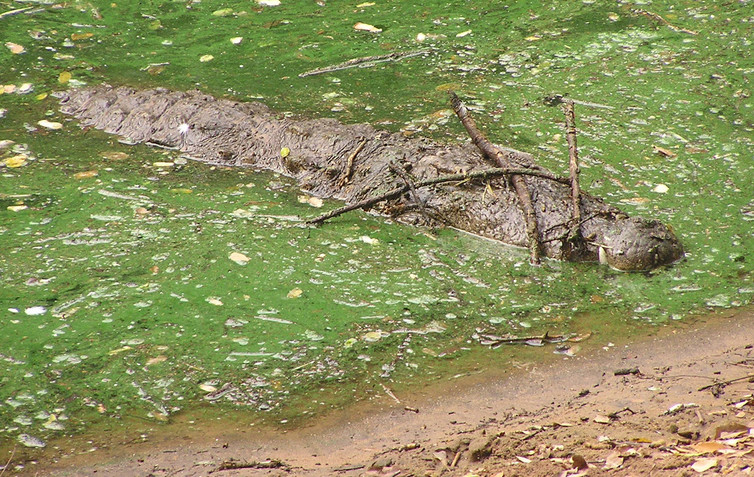
Now that we are aware of it, crocodilians have an odd system of communication that includes body language, a variety of calls, chemical signals, and infrasound vibrations that are too low for us to hear. They can care for their infants for more than a year, feeding, shielding, and even grouping them in crèches, which are like daycare facilities guarded in turn by several parents. They have the ability to spread rainforest tree seeds. They can play and form bonds with particular persons. They can entice egrets searching for nesting material by using tiny sticks. Additionally, they are able to hunt in groups, with each animal taking on the role most suited to its size and degree of agility. For instance, giant adult alligators can lure fish into shallow waters where young, nimble alligators are waiting in ambush.
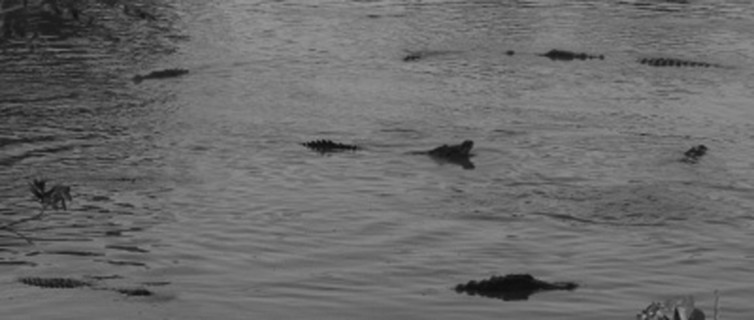
How they’ve maintained their mystique
Why are these amazing facts only coming to light now? There are many reasons.
First, scientists don’t study natural history as much as they used to. To get your research financed nowadays, it seems you need to be testing a fancy theory, or using a new technology, or contributing to some major cause such as finding cure for cancer, stopping global warming, or slowing down the ongoing mass extinction. You don’t get paid for just watching animals, no matter how cool the stuff is that you’re discovering.
Of course, this is a fundamentally wrong approach; it is impeding not just the science, but also our ability to fix major problems such as the mass extinction, because we no longer have the basic data on which our fancy theories should be based.
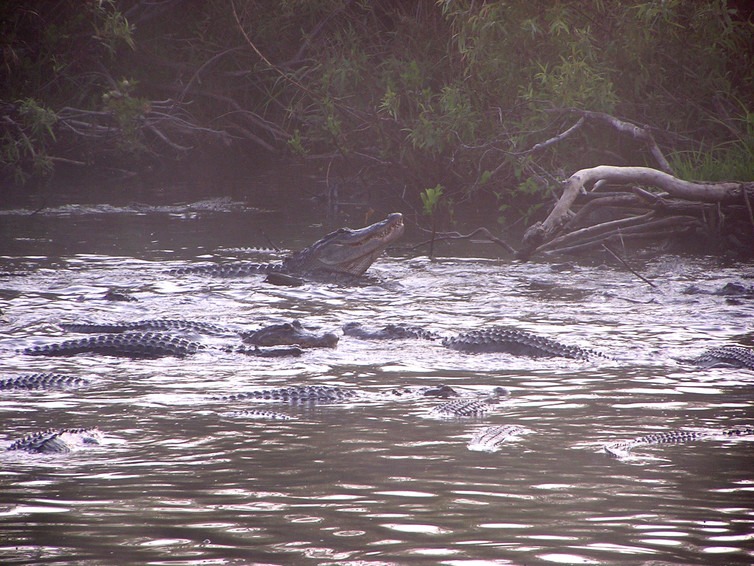
Second, it can be quite challenging to observe crocodilian activity, especially in the wild. These nocturnal creatures are found primarily in tropical swamps and murky waterways. Very few individuals know how to monitor nocturnal animals without disturbing them, and even fewer have the courage to operate there at night. The majority of universities don’t cover this material. While you can conduct study in a zoo, it won’t be the same because many animal behaviors can only be observed in their natural habitat.
Third, unlike us mammals, crocodilians do not experience the passage of time as we do. Being warm-blooded, we require a lot of energy to maintain a consistent body temperature, which causes us to be continually hungry and active. Crocodilians are the Taoist sages of the animal kingdom in contrast to humans. They recline, use their energy sparingly, and passively take in their surroundings. They eventually reach the decision that it is time to take action, and when they do, they can make the velociraptors from Jurassic Park look like plucked chickens.
However, you must spend weeks, months, and even years feeding mosquitoes in swamps in order to witness this happen. For instance, some Nile crocodiles only hunt once a year, during the annual migration of the wildebeest. Few scientists can afford to dedicate themselves to a research where they only receive data sometimes, if ever. Even if you are successful in getting a grant for this, you won’t have anything to show for it before you run out of money.
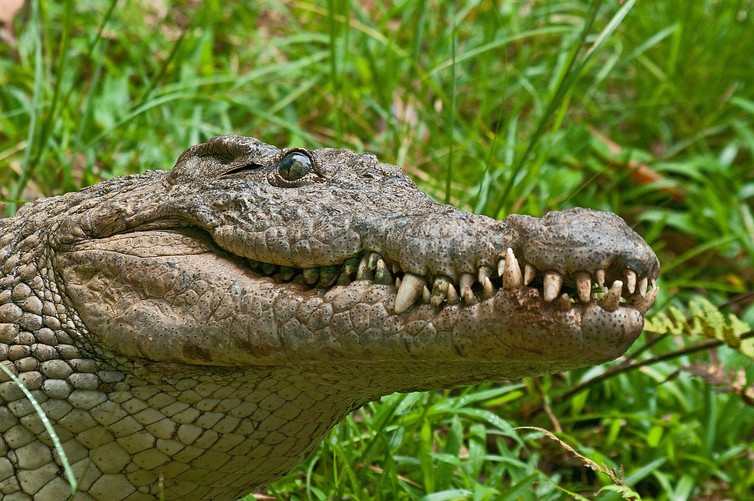
Embrace the challenge
The only way you can do it is by thinking out of the box. I write books and sell my photos to finance my research. I use Facebook to survey people who don’t usually publish their observations in scientific journals: hunters, tour guides, zoo directors, amateur naturalists. I’ve learned to be as comfortable in a tropical swamp at night as I am in my apartment on a winter evening with the fireplace on and the coffee brewing.
Studying crocodilians is no longer a challenge for me – it’s pure fun. And the best part of it is that there’s still a lot to be discovered and understood. We’ve just scratched the surface.

Leave a Reply